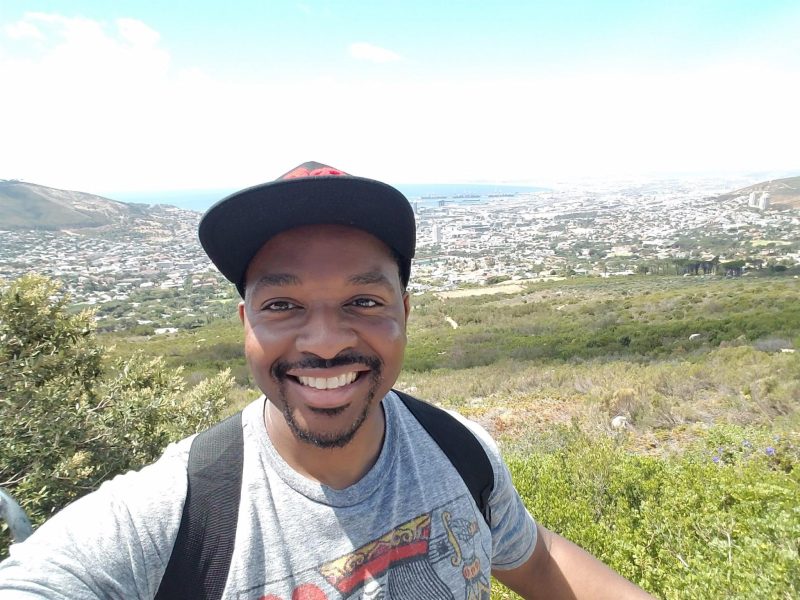PUBLISHED: 29th July 2020

Vabren Watts, PhD (new science writer for FORCE)
Growing up in a family of educators—ranging from preschool teachers to college presidents—I knew that being an educator was not my calling. Well, that was until I discovered the impact of science writing.
Life experiences have labeled me as both a left-brained/right-brained kind of person. In college, I majored in biology while serving as lead anchor on the campus five o’clock news program. As a doctoral student in biomedical science, I had a recurrent role on a television sitcom. And while working as a researcher in cardiology at Johns Hopkins by day, I worked as a men’s fashion blog writer by night.
Whether it was reporting the news, providing a life lesson via acting or informing men about the latest attire that would make them more alluring, I was educating through storytelling in hopes of improving someone’s quality of life.
I have been fortunate over the past decade to intertwine this knack for storytelling with my passion for science by making scientific findings more comprehensible for the everyday person. I have helped people better understand autoimmune disorders, cardiovascular disease, mental illness and therapies to treat such conditions. My coverage—or education—of these disorders has influenced health policies of the National Collegiate Athletic Association (NCAA), led to families being enrolled into genetic studies, and guided physicians on usage of newly developed or repurposed therapies.
I am excited to continue my skillsets as science writer for FORCE, whose mission is to “improve the lives of individuals and families affected by hereditary cancer.” A significant portion of this mission is achieved through educating—that is, educating people who are directly or indirectly impacted by these conditions, the scientific and research community, policy makers and the general public.
As I assist FORCE with its efforts in eXamining the Relevance of Articles for You (XRAY), I am dedicated to taking a deep dive into the scientific information of published articles on hereditary cancer and presenting it to you in a way that you feel educated on that topic—and most of all empowered.
I look forward to joining you on your journey towards empowerment.
Vabren Watts, Ph.D., is a science and health journalist and expert in health equity. He has authored more than 300 articles about the latest advancements in medicine for news media outlets, including the Philadelphia Inquirer, Psychiatric News and WebMD. Dr. Watts received his Doctor of Philosophy in pharmacology from Meharry Medical College in Nashville, TN and completed his postdoctoral training in the Division of Cardiology at Johns Hopkins University School of Medicine in Baltimore, MD.
1 Comments
August 4, 2020
I look forward to your contributions to the site! What sitcom? :-)
Victoria Hamel
Reply